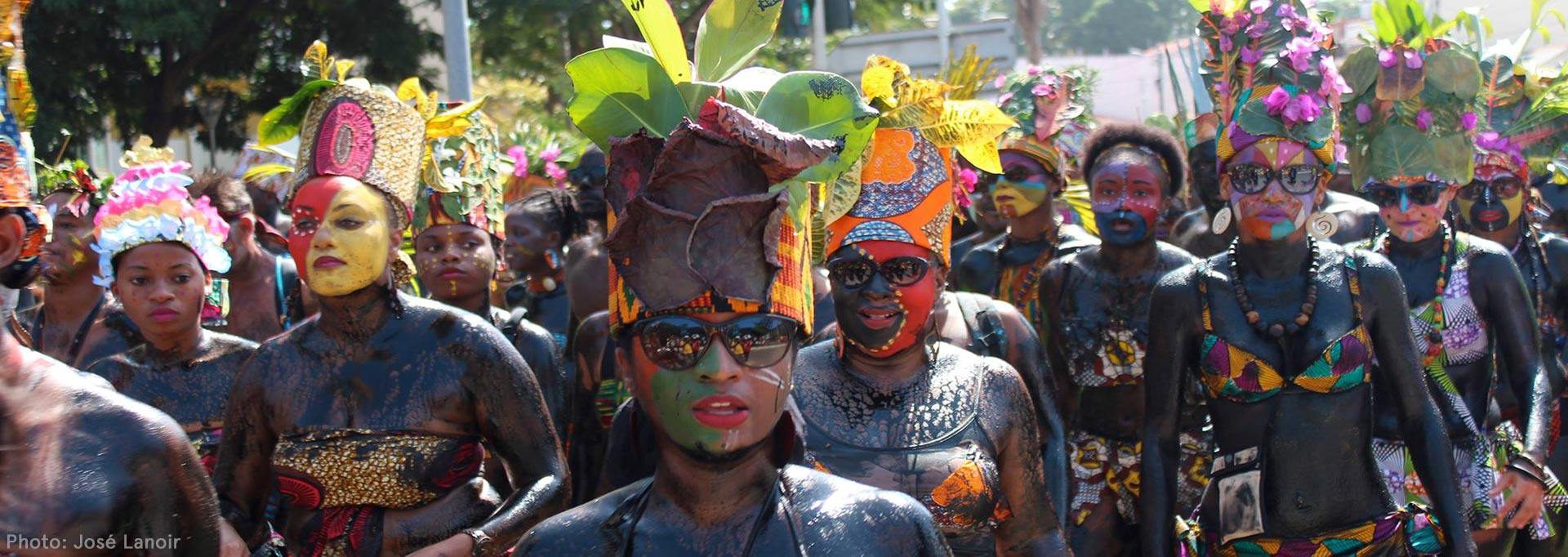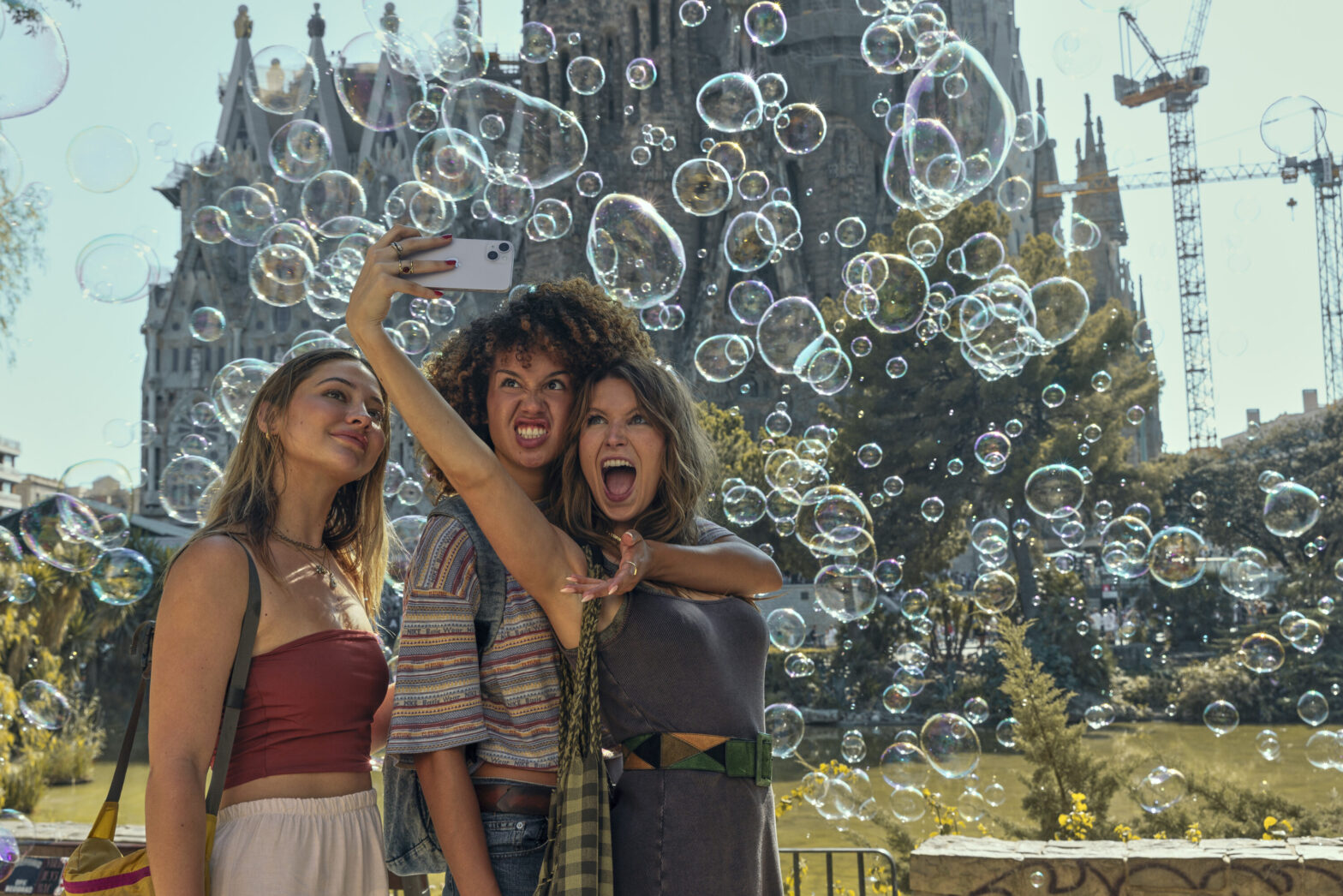Post Written by Alexander-Julian (AJ) Gibbson
As I continue to travel to different islands and countries filled with beautiful brown and black folks, I’m often haunted by the ghost of past colonizers, those who’ve landed on distant shores to dominate and conquer. On one hand, the reality is that you’re a young black traveler, someone who enjoys traveling and seeks joy in discovering new experiences in the diaspora. You may even take pride in the similarities and small differences that remind you that deep down you are family. But at certain times, it also leaves one with a strong sense of fear. After a recent trip to Guadeloupe, I began to feel different. For the first time, I witnessed not only pride in our culture but also a stark awareness of the injustice resulting from colonialism on a beautiful island that was once a colony, but currently, fighting for an identity all their own.
Here’s the deal though, if you happen to land on the shores of Guadeloupe, you’re mostly considered a tourist in a new country. Upon arrival, you’re ushered in with the same outsiders who have arrived in droves to take part in the beautiful offerings of island life. Essentially, you’re subject to watch the beautiful brown people with whom you share deep familial ties, roll out the red carpet for would be colonizers.
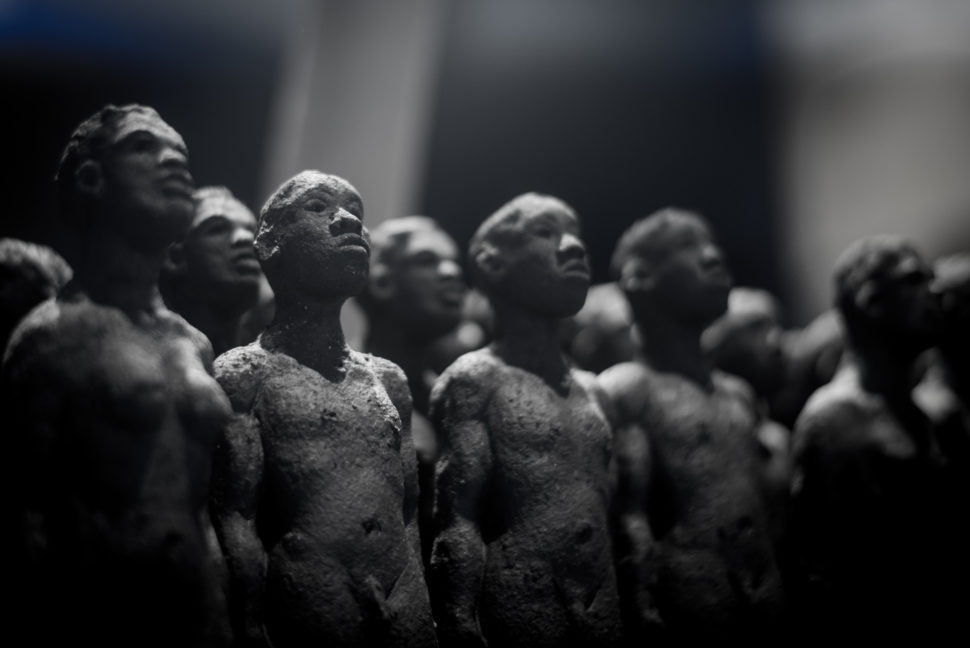
I began to notice small things at first. But what caught my eye initially were the Black-owned businesses running the majority of the tourist-facing market. You managed to see local mom & pop beach restaurants like An Ba To La and Chez Emy to Prestige Villas, the popular black-owned villa rental site that we had used to book our accommodations. As lucrative as the industry is, locals are often shut out of the tourism market on their own lands in favor of transplants who’ve only lived at the destination for only a few years, but speak English and can easily communicate with customers. But I was able to truly realize the beauty of Guadeloupe’s social atmosphere when I visited the ACTe Memorial in Pointe-à-Pitre.
Memorial ACTe is the island’s newest cultural center dedicated to the memory and history of the slave trade in the Caribbean and blackness across the world. The Memorial is a standing monument to the battles that the islands have won and lost. It also displays social injustice and is a strong symbol of their philosophy of recognition, reconstruction, and reparations. One quote that stuck out to me from a conversation with our wonderful tour guide, Melina Gallas (ask about her), during our guided tour through the memorial was, “We don’t call our ancestors slaves, they weren’t slaves, they were enslaved.” The lesson that I gathered here is that we should never use our oppression to define us because we are the living embodiment of a strong heritage, one filled with a rich history of regality and resiliency.
To complement a rather emotional visit to the ACte, we were lucky to have landed in Guadeloupe during the island’s Carnival season. Now, I’m no stranger to Carnival, but Guadeloupe’s take on the colorful celebration was a unique experience that helped to strengthen love for the culture that was initially sparked by the black-owned businesses and an amazing memorial.
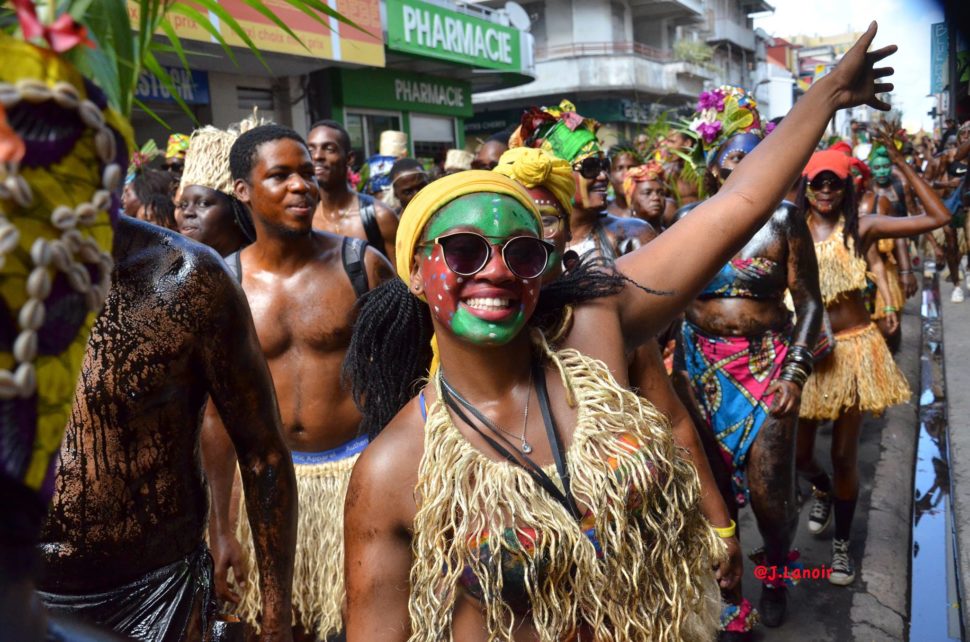
When we arrived in the Gourbeyre for Carnival, everything seemed routine. The kids were out, the bokits were popping (amazing local food truck food, must-have), everybody was happy. But there was still an indescribable tension in the air. The carefree vibes filled with excessive rum and vibrant costumes that tickle the senses at your average carnival were nowhere to be found. The joy was still visible but still seemed to be a product of something more meaningful.
After a few minutes of dealing with the tension in the air and a seemingly dense crowd to find a good people-watching spot, the first band came marching down the main road. They weren’t marching to Soca or dancehall music, but to gwoup a po music, sounds made by a collection of goat-skin covered steel drums traditionally rooted in Guadeloupean culture –– it was far from whimsical, it was militant. We watched on as the bands marched. The streets were packed, and as we all looked onto the show, there were smiles across faces. It was clear everyone there was happy to be living in that moment. Carnival was a celebration, but also their opportunity to protest and expel their frustrations. Their costumes and music where a means to make a statement. This annual celebration gave them a platform, a chance to express unrest with the government, a chance to take part in a still ongoing battle, but also a chance to come together and stand as one.
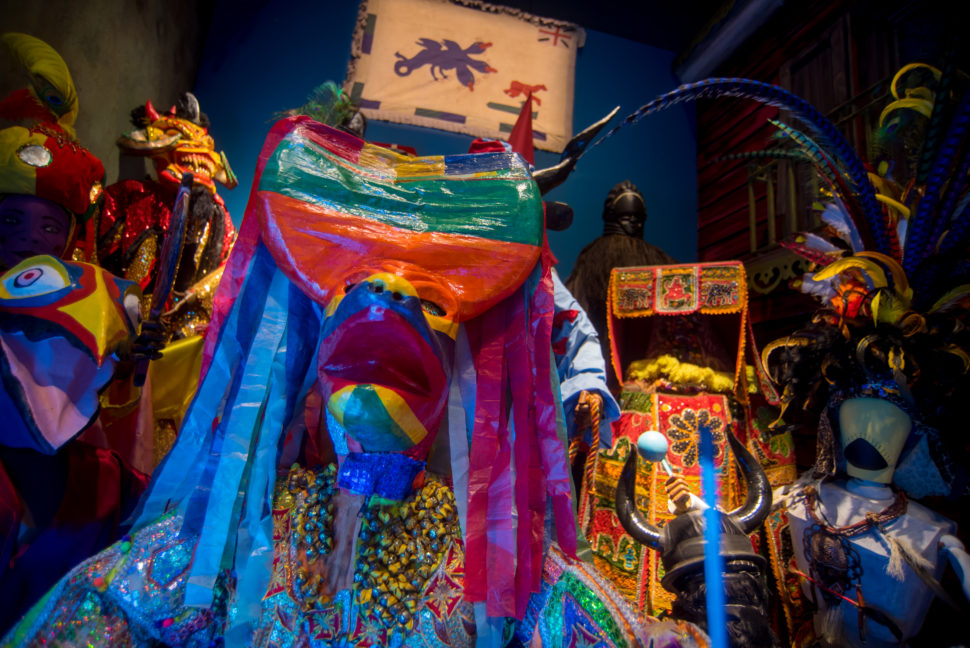
From thriving black-owned businesses to public displays of communal resistance, Guadeloupe is a collection of islands filled with black people fighting to reclaim their identity amidst the shadows of an oppressive past— all wrapped in a breathtaking European tourist paradise.
So yes, the islands are a beautiful landscape of rose gold beaches and crystal clear waters. Yes, the weather is perfectly tropical and the views are unreal. But don’t you dare land in Pointe-à-Pitre International Airport and not acknowledge the proud black and brown bodies standing firmly on the foundation of oppression to march forward while righting the wrongs of the past. If you do, you fall risk of joining the mindless herd of tourist that are proverbially no different from colonizers past, landing on foreign soil to pillage and poach the offerings of a land and people not their own.
